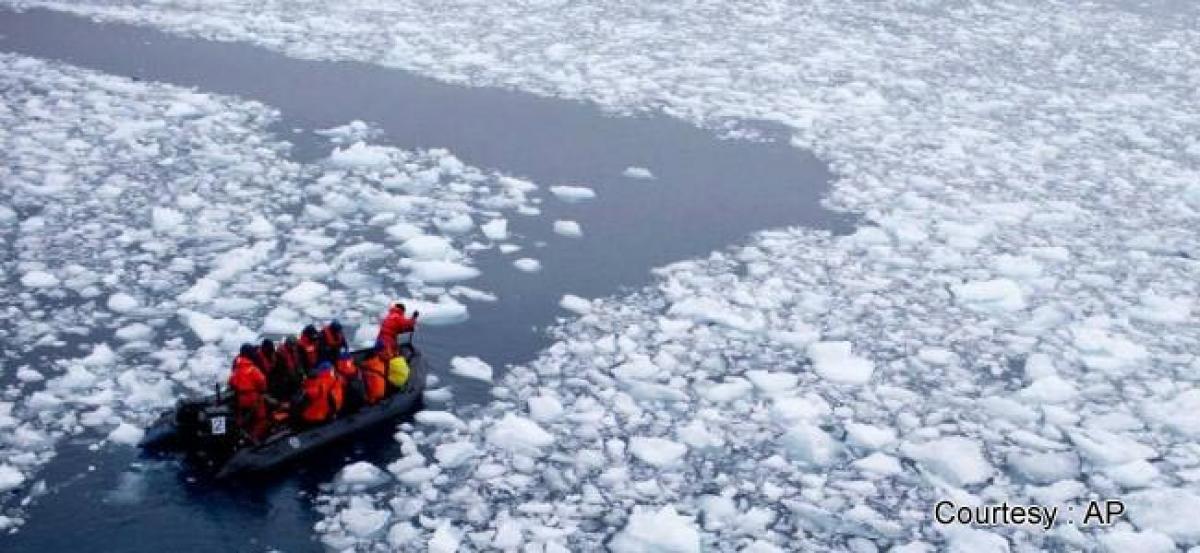Live
- Hello Baby song launch event was held by Music Director Koti
- Lyrical marvel ‘Lachhimakka’sets stage for Virinchi Varma’s ‘Jithender Reddy’
- Vikata Sankashti Chaturthi: Date, Time and Ritual
- Juhi Parmar oozes ‘lots of femininity’ as she dons pink co-ord set for ‘Yeh Meri Family’ S3 promos
- Not a big fan of impact player; its holding back development of all-rounders, says Rohit Sharma
- Tanvi Malhara’s essential summer skincare mantra
- People Media Factory’s spectacular saga with TejaSajjatitled ‘Mirai’
- Squamous Cell Carcinoma (Sarees Cancer): Awareness and Prevention
- Why is Pinarayi Vijayan being treated softly by BJP, ask Rahul & Shivakumar
- Nithiin’s ‘Robinhood’ set to hit screens in December









